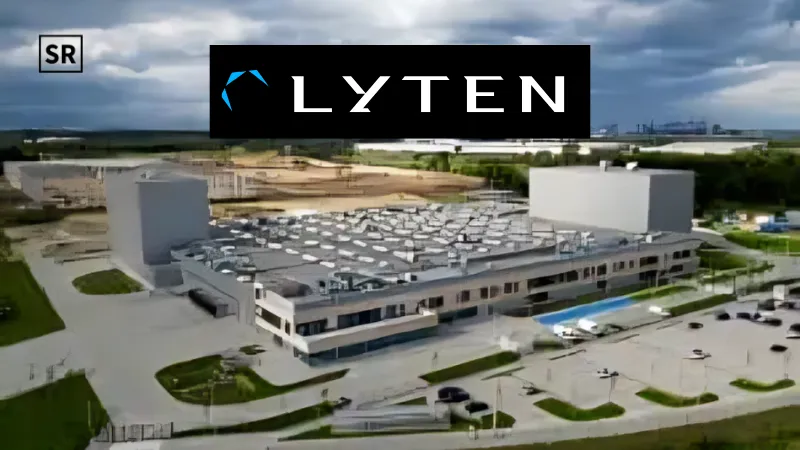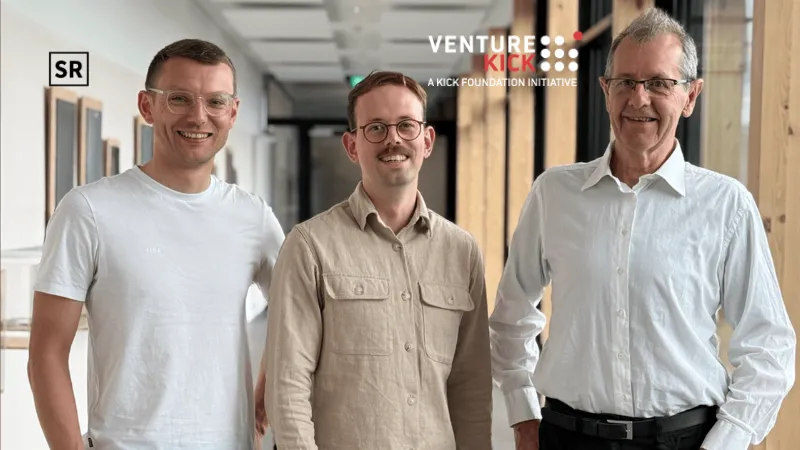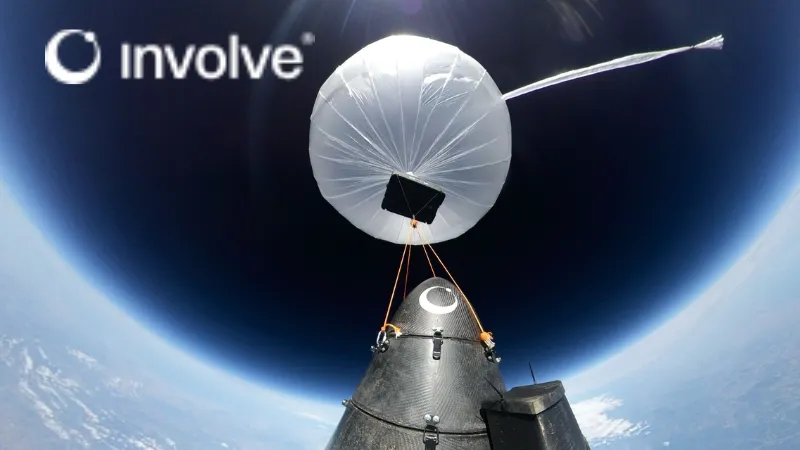
Dublin-based NanobOx secures $1 million in funding. The Yield Lab led the round, and DeepIE Ventures and Growing Capital also invested.
The company intends to use the funds to finish field testing in aquaculture and agriculture in order to launch its product in 2024. Under the leadership of CEO Dr. John Favier, NanobOx offers a technology that makes use of just tens of watts of power to create air, oxygen, or ozone nanobubbles in water.
Read also - Cambridge-based Quotient Therapeutics Secures $50M Initial Funding
Its technology for creating nanobubbles can handle water with a broad range of pH, salinity, and ionic composition equally efficiently, whether it is clean or very solids-laden. The business is developing methods for treating process and source waters in:
RECOMMENDED FOR YOU

CarbonX funding news – Delft-based CarbonX Raises €2.5 Million in Funding
Kailee Rainse
Feb 26, 2025
Agricultural Wastewater Treatment, Outdoor Irrigated Crops, and Managed Environment Agriculture. Recirculating aquaculture systems are used in raceways, inland prawn and fish ponds, and smolt, post-smolt hatcheries and growout fish farms.
Read also - Helsinki-based Linio Biotech Secures €4.2 Million in Funding
Water-based handling, storage, transport, and cleaning systems can have the nanobubble generators positioned next to them, in line with them, or entirely submerged in them.
About NanobOx
Using nanobubbles, NanobOx offers extremely energy-efficient water treatment solutions that lower input costs and increase yields in aquaculture, agriculture, and related biosystems.
Read also - London-based Generative Engineering Secures €4 Million Pre- Seed Funding
With just a few watts of power, their unique and patented electric field nanobubble technology can continuously produce billions of nanobubbles per millilitre of water. They are additionally focusing on solutions for ultra-low energy cost water aeration, chemical-free water, equipment, and produce cleaning and sanitization, and enrichment of nutrients of crop irrigation water.


 Follow us
Follow us Follow us
Follow us














